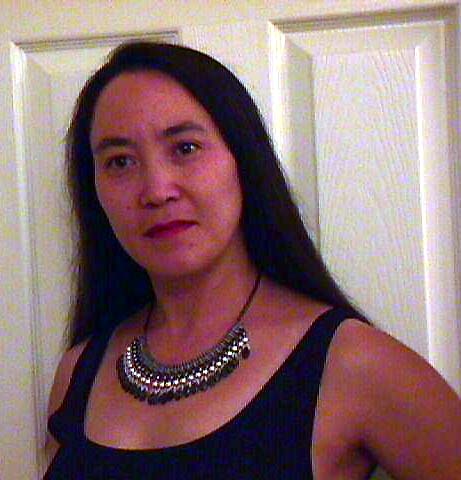The author of the piece, Linton Weeks, spend a day talking with Rockmore about mathematics in general. About how mathematicians see the world.
Now, I am not necessarily a bona fide mathematician, but I have a deep love for it and often read books and articles about math to renew my sense of wonder. Weeks writes about seeing the city with Rockmore:
I remember taking an undergraduate course in multi-variable calculus and struggling with a proof with a small group of classmates. We were in the library, in a private study room, and trying to ascertain the properties of a certain equation. One classmate expressed his frustration with how the equation could map something from 6 to 5 dimensions. Suddenly, one young man leapt from his chair and pointed at the window. He saw that his reflection in the window was a mapping from 3 to 2 dimensions. Using this crude visualization, we were all able to solve the proof and determine the properties of the equation.On this clear blue, purified spring day, Dan takes a postprandial stroll and Manhattan becomes a three-dimensional chalkboard. Between the geometry of architecture and calculus of urban life, you begin to see the sidewalks and the skyscrapers through a mathematician's eyes and somewhere along the way, theoretical math becomes, well, more concrete.
A sunflower at a florist's shop helps illustrate Fibonacci numbers. A stack of tomatoes at a greengrocer suggests Kepler's Conjecture. A stand of seven trees leads back around to a conversation about the Riemann Hypothesis. It's like taking a tour of a familiar place with a foreign-tongued guide.
I relate this small incident for two reasons. First, the sense of discovery was something I'd never felt before, and rarely since, then. It was where I developed my lifelong search for the sense of the mysterious, for wonder. Second, the group of students was, in my estimation, a microcosm of what I consider mathematical-minded people. One was a musician, one a sculptor, two were programmers, and I was working on my degree in business. Our ages ranged from 19 to 37 and we remained close friends through the next couple of years.
~~~~~~~
An aside: Weeks, in his article, tries to describe Rockmore, "He's not one of those fluky-flakey number nerds you read about." I took a little offense to that since I've rarely met a mathematician who could be remotely described as a "fluky-flakey number nerd." Nor have I read about many.

No comments:
Post a Comment